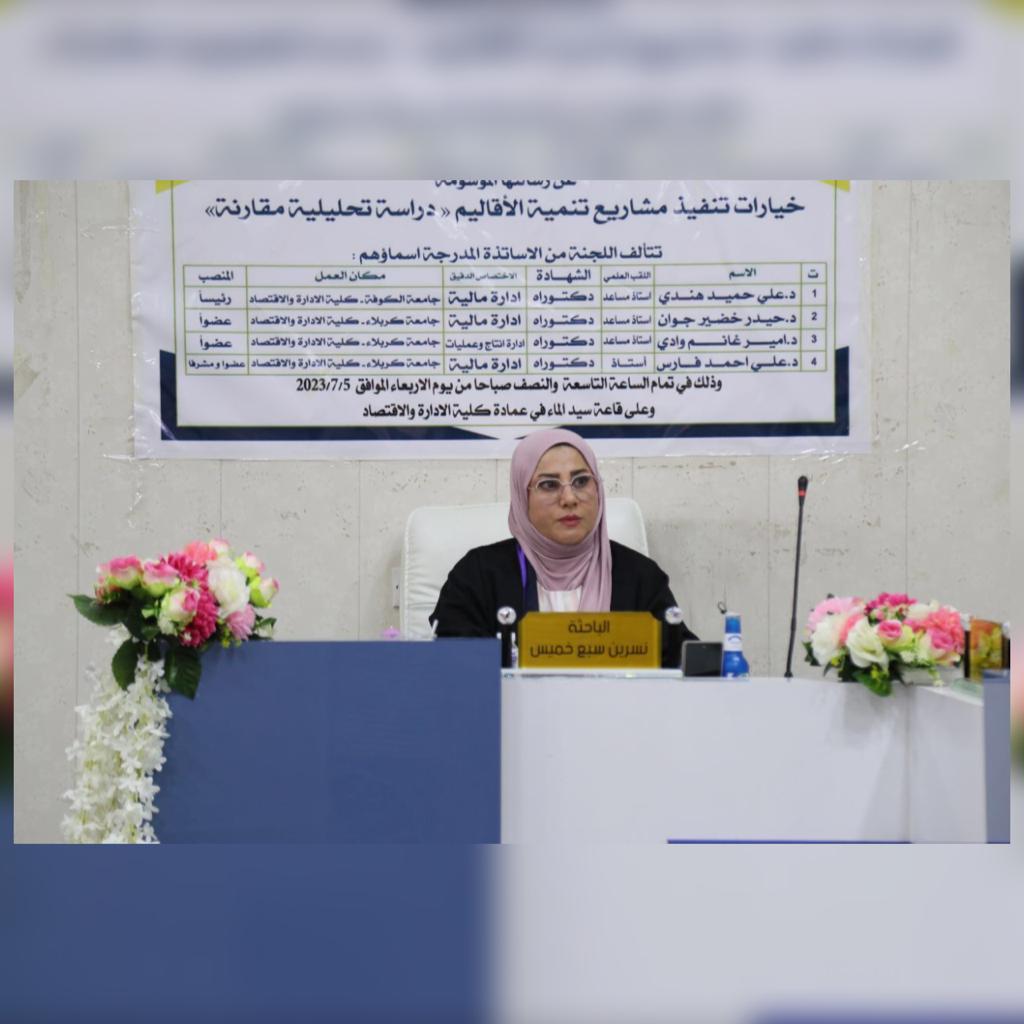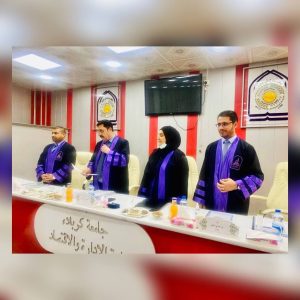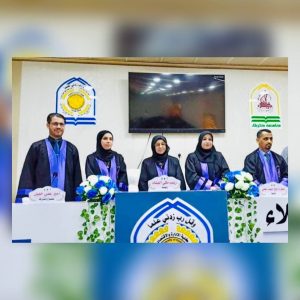Options for implementing regional development projects
a comparative analytical study
In the holy governorates of Karbala and Diyala for the period from 2008-2022
A Thesis submitted to the Board of the College of Administration and Economics – University of Karbala It is part of the requirements for obtaining a MBA degree
By
Nisreen Sabea Khamees Al-Qaisi
with supervision
Prof. Dr. Ali Ahmed Faris
Abstract
This study aimed to measuring and analyzing the duration of achievement of the planned and actual goals, as well as analyzing the extent of the variation in the achieved goals in terms of allocations, identifying the main characteristics of government projects and programs, and recommending how to use them to improve performance, and due to the lack of clear and specific goals that were adopted by the governorate administration when implementing development process. As well as not relying on performance indicators that achieve financial and temporal justice in the distribution of regional development program allocations. For the purpose of analyzing the available options for implementing regional development projects, (5) service sectors out of 12 service sectors were analyzed in each of the two governorates (Holy Karbala and Diyala), based on official data and reports issued by the competent departments concerned with the implementation of development projects, in addition to databases and development indicators. Issued by the Central Statistical Organization Department and the Human Development Department in the Iraqi Ministry of Planning for the period from 2008 to 2022 AD. For the purpose of obtaining real and accurate results that enrich the practical aspect of the current study, the quantitative analysis of the data was carried out according to the criteria (periods and financial allocations) based on the arithmetic medians and graphic figures, as well as the use of the Gini coefficient in analyzing the data of the sectors included within the framework of the research. The research reached a set of results, the most important of which is the lack of fairness in the distribution of allocations between the service sector projects of the two governorates, but the Holy Karbala governorate was relatively better than the Diyala governorate in terms of fairness of distribution. In addition to the presence of reluctance and clear stumbling in the implementation of projects and the lack of planning and time and financial assessment in most of the projects of the sectors that were taken as a sample for this research. The study concluded that it is necessary to rely on cost and duration criteria in order to reach correct implementation options and then provide priorities in the distribution of financial allocations for projects that have a direct impact on the lives of citizens, as well as the appropriateness of financial and time allocations with the number and size of projects, and the need to develop an integrated action plan to coordinate activities The project and its implementation in an accurate manner.
{ Regional development projects, options, Gini factories, service sectors for the Holy Karbala Governorate and Diyala Governorate }































































